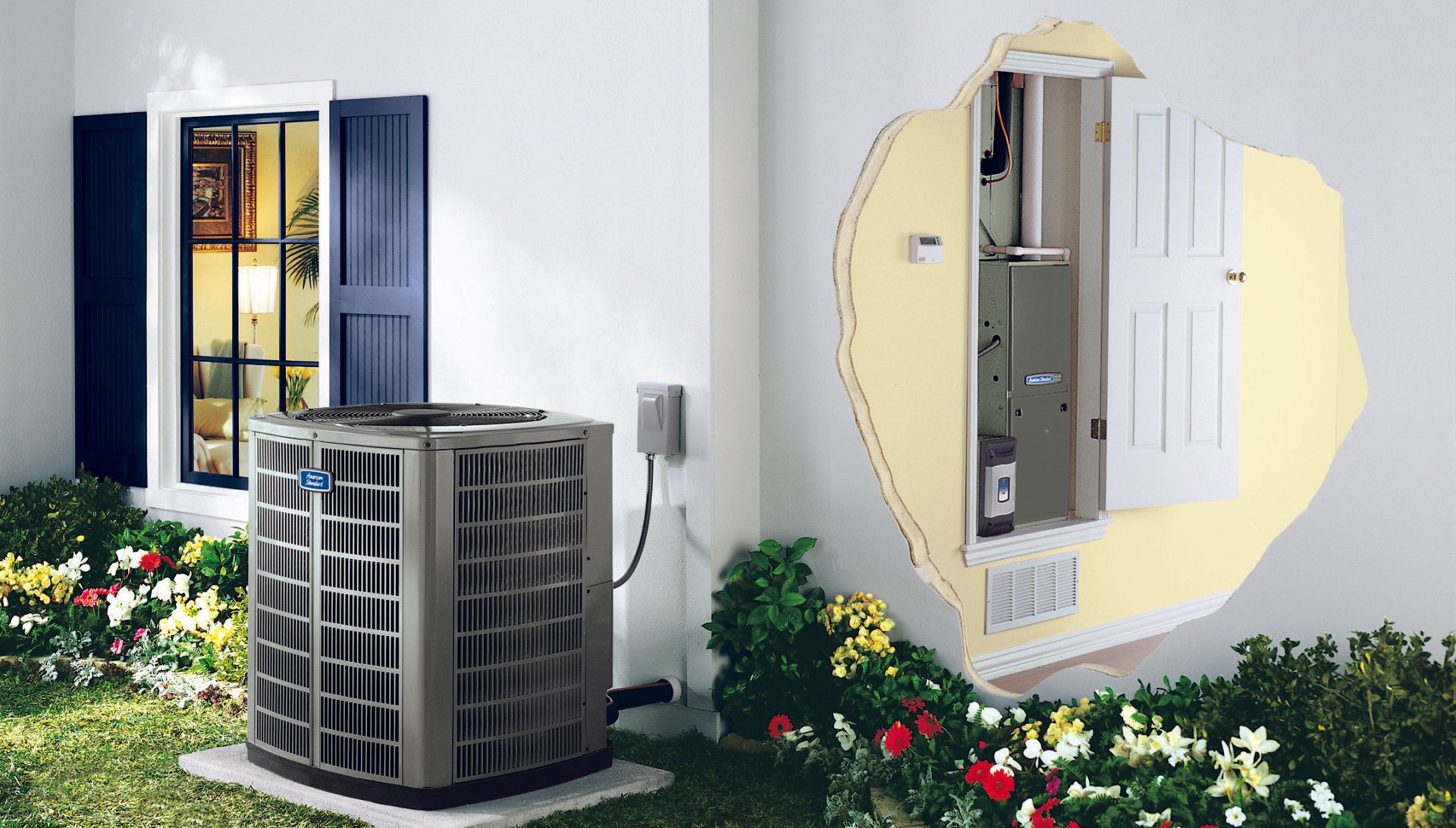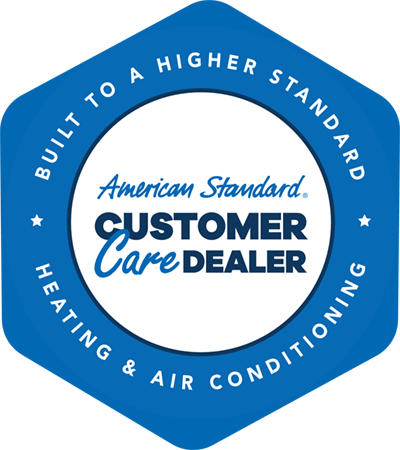Call or Text (216) 545-1776 to schedule service or installation
Blog | Financing | Specials | Now Hiring | Service Plans
INVEST IN QUIETER, MORE EFFICIENT HEATING & COOLING FOR YOUR HOME
Energy Star Certified Heat Pump Installation Experts
Call (216) 545-1776 to get an installation quote!
Heat pumps work year-round, both heating and cooling your home.
Heat pumps move heat outdoors to indoors for heating and indoors to outdoors for cooling. A heat pump consists of an outdoor and an indoor unit. The outdoor unit looks a lot like an air conditioner would. The indoor unit could be a coil installed on top of a gas furnace, or it could be a coil integrated into an air handling unit.
If it’s time to upgrade your HVAC system, call (216) 545-1776 to learn more about how much money you can save with a heat pump!

Save up to $3,200 annually with federal income tax credits on a new heat pump, furnace, or air conditioner from Gorjanc Home Services!
New Heat Pump Installation and Federal Tax Credits Frequently Asked Questions
-
Will the government help me pay for it?
“Last year's federal climate legislation offers new economic incentives for homeowners to install heat pumps, says Steven Nadel, executive director of the American Council for an Energy-Efficient Economy, a research organization working on saving energy.
An IRS spokesperson tells NPR that the new credits can translate to up to $2000 for efficient heat pumps bought after January 1, 2023. If you buy a new heat pump, Nadel says to keep your receipts for reference for next year's tax season. If you bought a heat pump in 2022 you can get credit for this upcoming tax season, but the previous incentive was smaller, up to $500, the IRS says.”
-
What Heat Pumps are eligible for federal tax credits?
For heat pumps, ENERGY STAR offers a general certification and a cold climate certification.
In general, all ducted heat pumps that have earned the ENERGY STAR label are eligible, as well as certified mini-split systems (non-ducted) with:
- SEER2 > 16
- EER2 > 12
- HSPF2 > 9
Among the models that earn the ENERGY STAR Cold Climate designation, eligible systems are:
- Ducted with EER2 > 10
- Mini-splits with SEER2 > 16, EER2 > 9, and HSPF2 > 9.5
-
Who can use Federal Income Tax credits?
Principal Residence Owners can use Federal Income Tax credits.
Upgrades must be to an existing home & your principal residence. New construction and rentals do not apply.
A principal residence is the home where you live most of the time. The home must be in the United States. It can include a house, houseboat, mobile home, cooperative apartment, condominium, and a manufactured home.
-
Where can I get More Information about Federal Tax Credits and Incentives for Energy Efficiency?
New federal income tax credits are available through 2032 providing up to $3,200 annually to lower the cost of energy efficient home upgrades by up to 30 percent. Improvements such as installing heat pumps, heat pump water heaters, insulation, doors and windows, as well as electrical panel upgrades, home energy audits and more, are covered by the tax credits and can help families save money on their monthly energy bills for years to come.
In addition to the energy efficiency credits, homeowners can also take advantage of the modified and extended Residential Clean Energy credit, which provides a 30 percent income tax credit for clean energy equipment, such as rooftop solar, wind energy, geothermal heat pumps and battery storage through 2032, stepping down to 22 percent for 2033 and 2034.
Visit the Energy Star website for up-to-date details.
-
How much can I claim in Federal Tax Credits?
You can claim:
- 30% of project cost
- $2,000 maximum amount credited
-
What are the Tax Code requirements for Energy Efficient Products?
Under the tax code, eligible equipment must “meet or exceed the highest efficiency tier (not including any advanced tier) established by the Consortium for Energy Efficiency which is in effect as of the beginning of the calendar year.” The eligibility described above is consistent with this requirement.
-
Is there an Annual Limit on Energy Efficient Home Improvement Tax Credits?
In addition to limits on the amount of credit you can claim for any particular equipment installation or home improvement, there are annual aggregate limits.
The overall total limit for an efficiency tax credit in one year is $3,200. This breaks down to a total limit of $1,200 for any combination of home envelope improvements (windows/doors/skylights, insulation, electrical) plus furnaces, boilers and central air conditioners.
Any combination of heat pumps, heat pump water heaters and biomass stoves/boilers are subject to an annual total limit of $2,000. (Note: ENERGY STAR certified geothermal heat pumps are eligible for a separate tax credit and not counted against these limits.)
-
How can I maximize my tax credits?
Given the way the annual aggregate limits are structured, it may be prudent to spread your improvements over a few years.
- If your heating or cooling system is old, and you are considering a new air source heat pump, it is always wise to optimize your attic insulation first, so you don’t pay for more heating and cooling than you actually need.
- Making these upgrades together in one year would allow you a tax credit of up to $1,200 for the insulation and up to $2,000 for the heat pump. Similarly, you could combine a heat pump installation with window/door replacements.
- In that scenario, the $2,000 credit for the heat pump could be combined with tax credits up to $600 total for the windows/skylights plus $500 for two or more doors.
- If you replace your water heater the following year, you would be eligible for another 30% tax credit, up to $2,000 plus up to $600 if you need an electric panel upgrade to accommodate the new water heater.
-
What does ENERGY STAR® qualified mean?
ENERGY STAR is program developed by the Environmental Protection Agency (EPA) in order to reduce the nation's energy consumption.
ENERGY STAR® -qualified heating equipment can be up to 15 percent more efficient than standard models. ENERGY STAR® -qualified cooling equipment can be up to 7 percent more efficient than minimum-standard equipment.
-
Can I get credit for improvements made in 2022?
The federal tax credits for energy efficiency were extended as part of the Inflation Reduction Act of 2022. So, if you made any qualifying home improvements to your primary residence after December 31, 2021, you may be eligible to claim them on your taxes when you file for 2022.
Heat pumps are energy-saving and efficient.
Heat pumps do not generate heat, and this is what makes them so energy-efficient! In fact, they can reduce your electricity use for heating by up to 50% compared to electrical resistance heating like furnaces or electric baseboard heaters.
Heat pump options for Northeast Ohio homeowners
We primarily use two types of heat pumps here in Northeast Ohio, ducted and ductless. Ducted heat pumps work using the home’s existing ductwork to circulate and deliver conditioned air throughout the house. Ductless heat pumps are ideal for homes where it’s difficult or impossible to access or add air ducts and are growing more popular here. With new tax credits and rebates legislated into law, heat pumps are an investment worth considering for your home.
Call (216) 545-1776 to schedule an evaluation with our heat pump experts. We’ll help you choose the system that’s right for your family, home, and specific needs.
Don’t regret calling the wrong company for heating, cooling, plumbing, or electrical services. Make the right choice and call Gorjanc Home Services at (216) 545-1776.
Gorjanc Home Services is Northeast Ohio’s Choice for heating, cooling, plumbing, and electrical service since 1963.
OH Lic# 18275
(216) 464-4647



